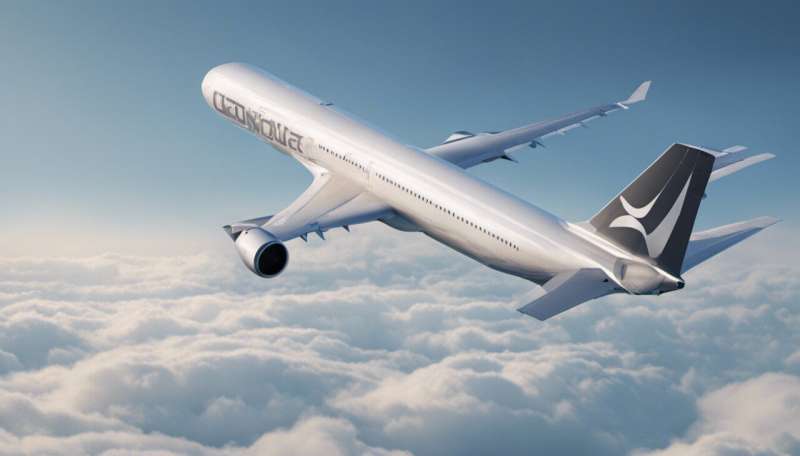Developing the world's first commercial liquid hydrogen-powered aircraft

German hydrogen propulsion company H2FLY and its European partners recently achieved a major milestone in their drive to make zero-emission commercial flights a reality. As the developed LH2 storage tank has passed French industrial gas and service supplier Air Liquide's vibration and LH2 leakage test, steps have now been taken to integrate the storage tank into H2FLY's demonstrator aircraft HY4.
The integration process was initiated after the LH2 tank passed the testing phase in September 2022. This is a major achievement for the HEAVEN project, in which H2FLY is the coordinator and Air Liquide a partner. HEAVEN's main goal is to design, develop and integrate the world's first aircraft powertrain based on a high-power-density fuel cell system and cryogenic LH2 storage technology into an existing two-to-four seater aircraft for testing in-flight operation.
A step closer to bigger aircraft ranges
"Passing the vibration and LH2- leakage tests marks a big step forward for delivering true zero-emissions flight with increased range—we have now been able to kickstart the mechanical integration process, drawing even closer to this next exciting flight test phase," states H2FLY co-founder and CEO Prof. Dr. Josef Kallo in a news item posted on the 'Hydrogen Central' website.
"For the past 10 years, at H2FLY we have been focused on developing and delivering new technology and now we look forward to completing the integration process so we can begin ground testing in preparation for the world's first commercial liquid hydrogen-electric aircraft."
Within the HEAVEN project, H2FLY is responsible for supplying the fuel cell system that supports the HY4 aircraft as well as the integration platform and overall system architecture and controls of the fuel cell and hydrogen storage system. Besides cryogenic tank designer and supplier Air Liquide, other HEAVEN partners include Pipistrel Vertical Solutions (Slovenia) that will provide support for the tank's integration and demonstration and DLR (Germany) that will assist the operation and testing of the high-power fuel cell and system architecture. The fuel cell system developed by DLR uses fuel cells from project partner ElringKlinger, Germany.
As reported in the news item, the integration of the LH2 storage tank and fuel cells is expected to be completed in the next few months. Following this, the aircraft will undergo rigorous ground testing in early 2023. The project team anticipates that the HY4 will be "the world's first passenger aircraft to fly using liquid hydrogen."
Ultimately, HEAVEN (High powEr density FC System for Aerial Passenger VEhicle fueled by liquid HydrogeN) aims to demonstrate how cryogenic hydrogen fuel-based propulsion technology can help the regional aircraft market meet the environmental goals laid out in Flightpath 2050, Europe's vision for aviation. The project ends in September 2023.
More information: Project website: heaven-fch-project.eu/index.php/en/home/


















